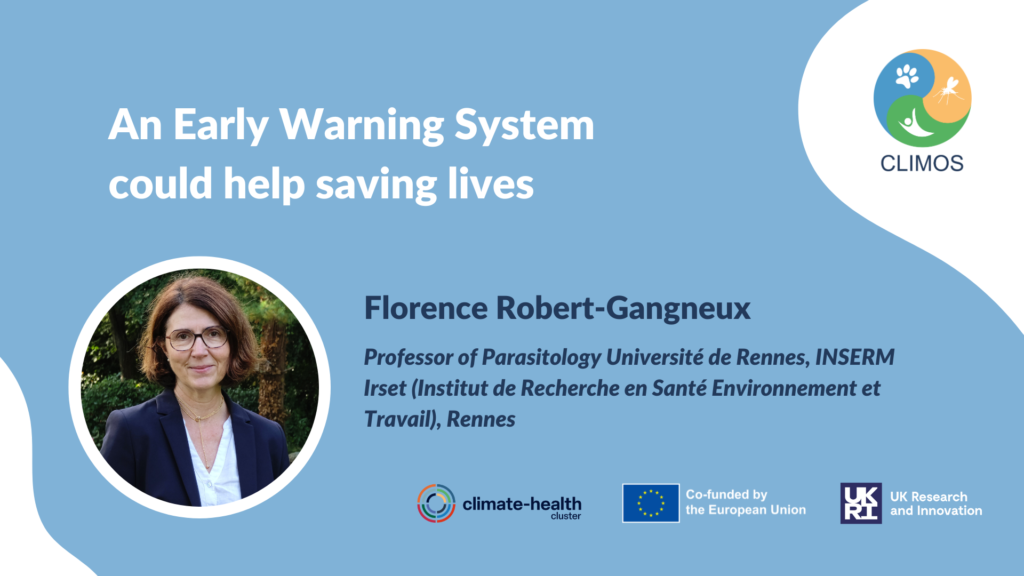How can EU projects effectively translate stakeholder feedback into actionable policy recommendations that resonate with regulators?
There’s a good chance that sand flies don’t give much thought to research ethics or data management. However, the researchers in CLIMOS certainly do.



